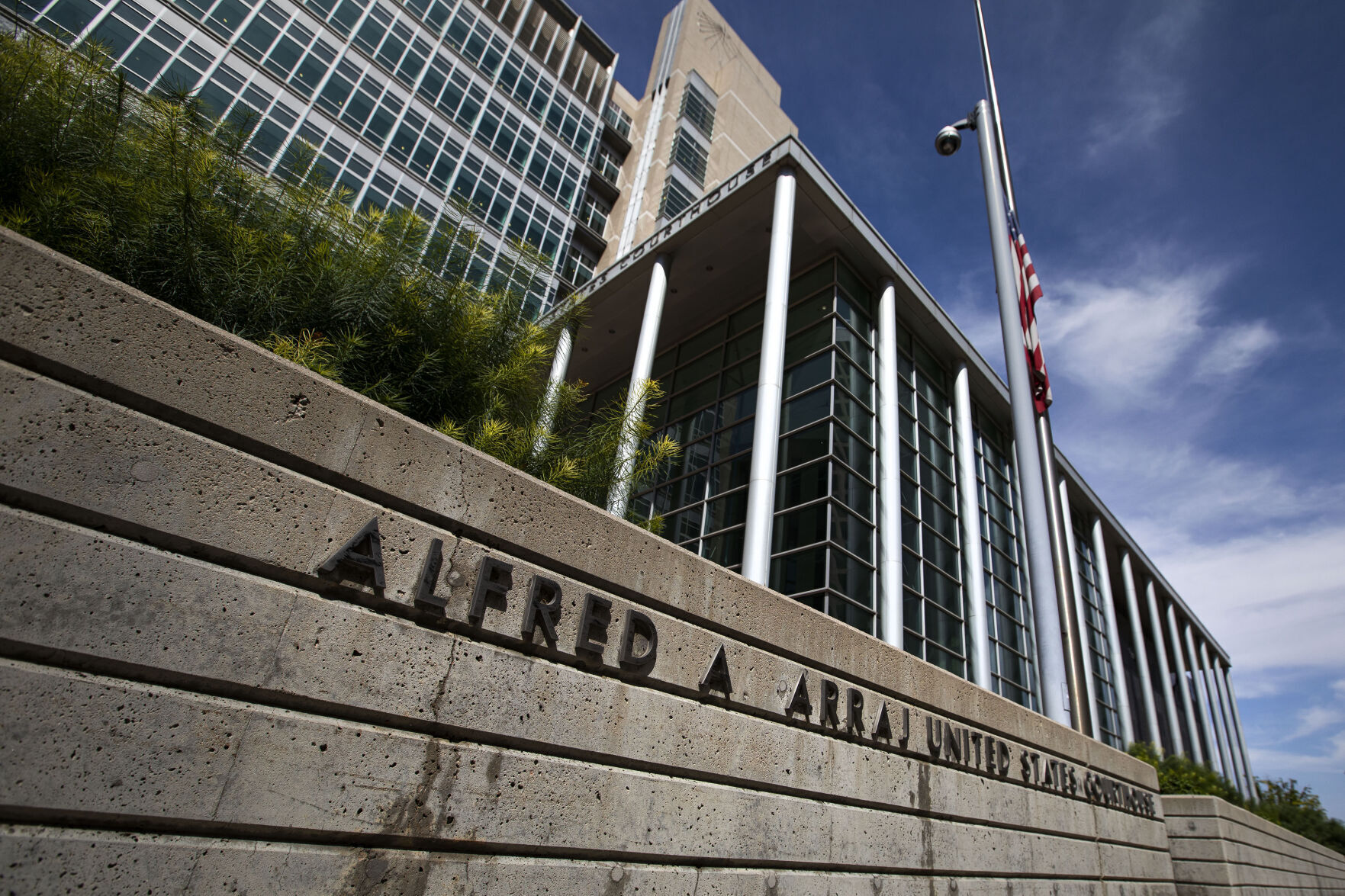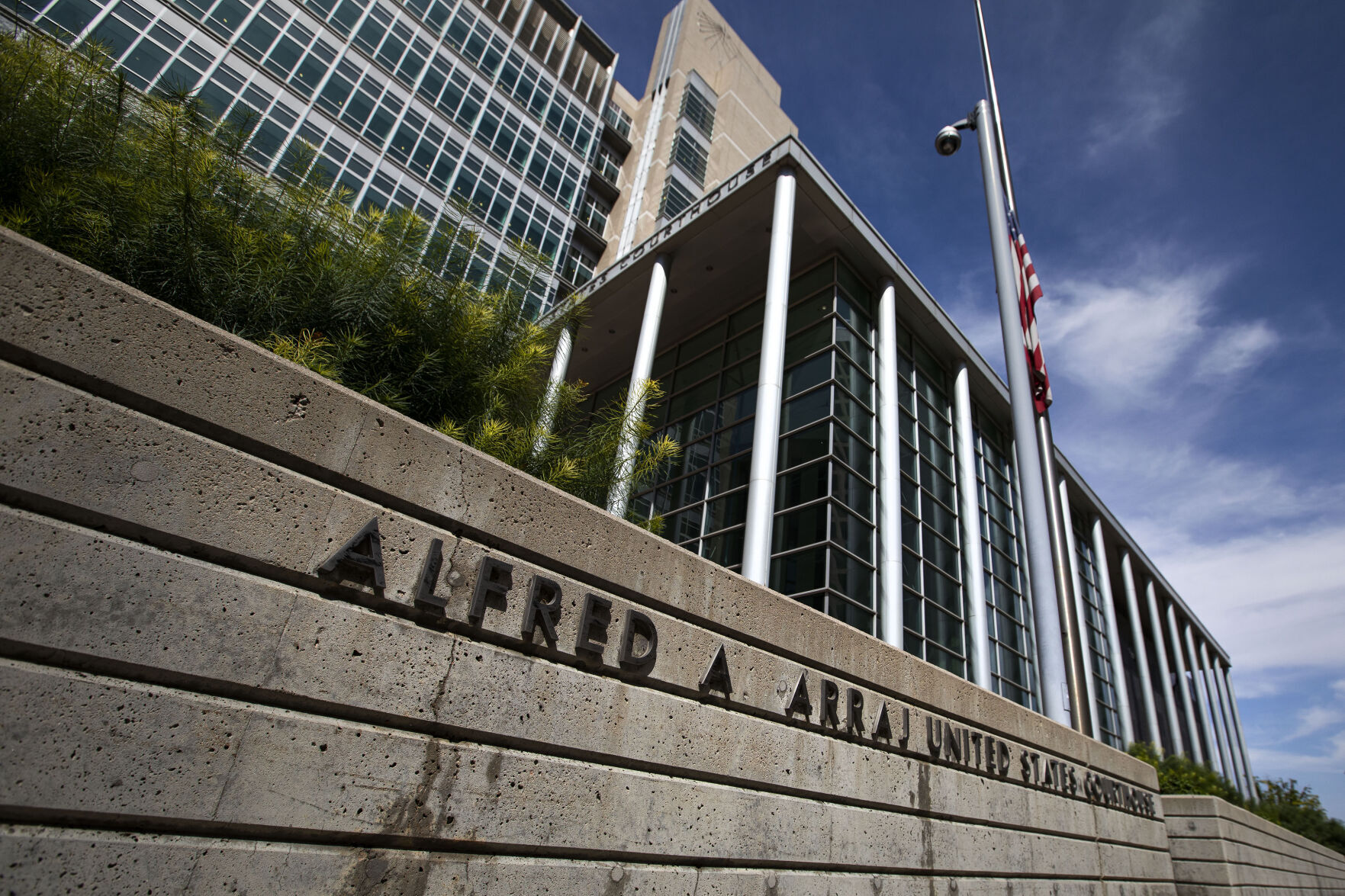Judge refuses to dismiss lawsuit from acquitted man against Denver officers

A federal judge on Wednesday decided a man acquitted of murder by a Denver jury may sue the officers involved in the investigation for violating his rights, after they allegedly concealed information and failed to perform an adequate investigation.
Although Micah Kimball claimed five law enforcement officers infringed on his Fourth Amendment right to be free from malicious prosecution, he also advanced a claim under Colorado’s sweeping police accountability law, Senate Bill 217, which legislators enacted in the wake of George Floyd’s murder and the resulting racial justice protests in 2020.
In a Feb. 22 order, U.S. District Court Judge Charlotte N. Sweeney found Kimball’s allegations, if true, showed investigators did not perform a basic inquiry into the criminal allegations and omitted information suggesting Kimball was innocent.
“The Court agrees with Mr. Kimball that no probable cause existed prior to his prosecution, as well as that Defendants continued to learn information that dissipated any probable cause to continue Mr. Kimball’s confinement or prosecution,” she wrote.
On Sept. 27. 2019, Kimball’s fiancée, Michelle Jacobson, died by suicide in their home. According to the civil lawsuit, Kimball was home and rendered aid, but responding officers arrested him. Prosecutors charged Kimball with murder and false imprisonment, the latter offense stemming from a neighbor’s allegation that Kimball had locked Jacobson in the garage. In August 2020, a jury found him not guilty.
Kimball then accused five officers involved in the murder investigation of malicious prosecution, which occurs when a defendant, acting with malice, causes the plaintiff to be prosecuted or detained when no probable cause supports an arrest. Malicious prosecution also requires the criminal case to end in the plaintiff’s favor.
Several incidents, according to Kimball, undermined the existence of probable cause. The medical examiner refused to rule Jacobson’s death a homicide, there was minimal gunshot residue on Kimball, and the neighbor’s statements could have been proven false with basic investigation.
Kimball also referenced two episodes of misconduct that surfaced during his criminal case in state court. First, blood stain expert Angela Deadmond reportedly informed law enforcement that based on the totality of the evidence, she “didn’t believe the evidence supported the theory that it was a homicide when discussed with the assigned detectives weeks following the incident.”
Although Deadmond told detectives her views “weeks” after Kimball’s arrest, prosecutors did not disclose the information until several months into 2020.
Second, an October 2019 email from Detective John Meoni to prosecutor Daniel Cohen stated, “We don’t have any concrete evidence that Kimball shot her, other than his lies and weird behavior.” Again, prosecutors did not disclose the information until well into 2020.
Kimball’s defense lawyers originally alerted the trial judge that the government’s actions violated the rules of criminal procedure and also U.S. Supreme Court precedent that requires prosecutors to turn over evidence that is relevant to guilt, known as “Brady” material. The information suggesting Kimball did not kill Jacobson, his attorneys argued, was contrary to the testimony the government presented at a 2019 hearing in which Denver District Court Judge Jay S. Grant agreed there was probable cause of a crime.
“Detective Meoni casually and loosely portrayed a picture of a homicide on non-existent evidence when he knew that the Chief of the Denver Crime Lab (Deadmond) did not support such a theory,” wrote attorney Iris Eytan.
Grant, in a written order one month before trial, agreed the prosecution failed to turn over the Brady material. However, “I do not find that the evidence is of such significance that I would not have bound over the case” for lack of probable cause, Grant added.
In response to Kimball’s civil suit, the defendant officers – Meoni, Jami Sisneros, Randal Denison, Sean Kelly and Scott Hagan – pointed to Grant’s order as grounds for dismissing the malicious prosecution claim. Given that Kimball had already challenged the existence of probable cause in state court and Grant had ruled, twice, that it existed, the defendants argued Kimball could not relitigate the issue in federal court.
They also noted there is no constitutional right to a “flawless” police investigation.
Officers “are not required to arrive at – and assess – each theory of innocence eventually advanced by defense counsel at trial, and particularly not as a prerequisite to any arrest,” wrote the Denver City Attorney’s Office.
Sweeney disagreed with the city that Grant’s order resolved the probable cause question. In Denver District Court, the question was whether the government had probable cause Kimball committed a crime.
“Defendants have failed to meet their burden of showing that the state court judge’s determination regarding the state’s probable cause is identical to the issue this case presents: whether the Officer Defendants had probable cause to arrest Mr. Kimball,” she wrote.
Sweeney found Kimball had adequately alleged the defendants learned details that would exonerate him, but continued in their prosecution.
As for Kimball’s related claim of malicious prosecution under SB 217, the police accountability law, the city argued it could not apply retroactively, given that the legislature enacted SB 217 in the summer of 2020 and after the bulk of the alleged misconduct in Kimball’s case.
Sweeney again disagreed, reasoning that Kimball’s jury did not acquit him until August 2020. From that point, Kimball had two years to bring a claim under state law, and his original complaint in December 2021 fit well within the statute of limitations.
Under SB 217, the officer defendants are not entitled to qualified immunity, a judicial doctrine that shields government officials from civil liability. The doctrine still operates under federal law. Although Sweeney declined to find qualified immunity applies to the officers on Kimball’s Fourth Amendment claim, the defendants may raise it again as the lawsuit progresses.
The case is Kimball v. Sisneros et al.














